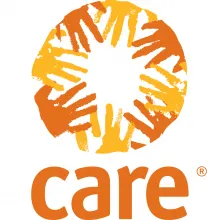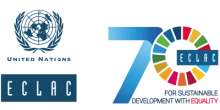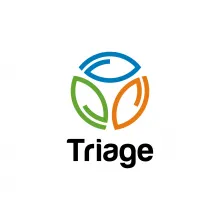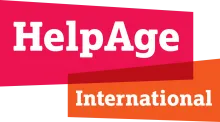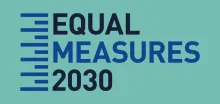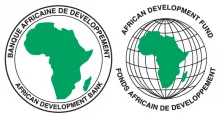Our network is a community of hundreds of organizations—across a range of sectors, data communities, issues, and regions—all interested in using data to tackle the world’s toughest challenges.
Together we break down barriers and silos, meet collaborators, share learnings, and advocate for data-driven policymaking. Ultimately our goal is to work together to increase the visibility of data as the lifeblood of sustainable development.
We do not ask our partners for commitments or pledges, and we do not offer a traditional membership. Instead, our network is a space for:
- Information-sharing: discovering opportunities to participate in activities and events, including peer learning groups, training programs, and fundraising proposals.
- Understanding the trends: understanding the actors and latest research and innovation in the data for development space.
- Connecting and collaborating: pitching ideas, finding collaborators, asking for support, and amplifying your work to a community of 600+ organizations globally.
- Sectoral leadership: receive invitations to join the Global Partnership’s Board and Technical Advisory Group.
- Visibility: Amplifying the reach of your work through the Global Partnership’s networks and digital channels.
The strength of our network is in its diversity––we believe it is critical that the Global Partnership network showcases the array of realities faced by the organizations in the data for development space, connecting global, regional, and local debates and action. We actively invest time and effort in building a curated and active network of partners.
Read more about some of our closest collaborators below and get involved by dropping us a line at info@data4sdgs.org.

